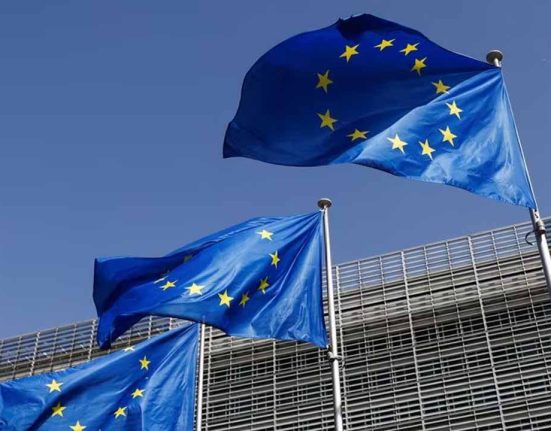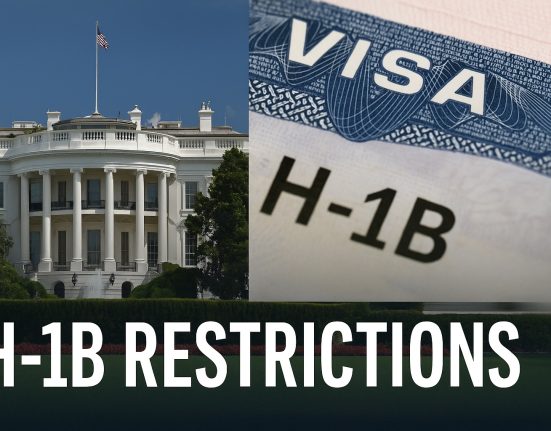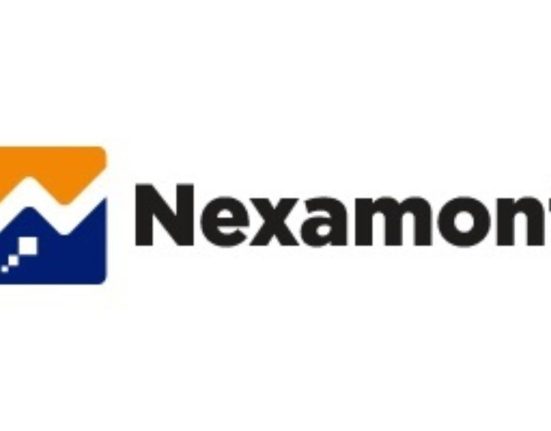Amid Persistently High Cost of Goods Nigeria’s inflation rate declined for the second consecutive month in February 2025, falling to 23.18% from 24.48% recorded in January, according to the latest Consumer Price Index (CPI) report by the National Bureau of Statistics (NBS).
Despite this decline, many Nigerians and economists remain concerned about the sustained high cost of essential goods and services nationwide.
States with Highest Inflation Rates
While the national inflation rate has eased, three states—Edo, Enugu, and Sokoto—recorded inflation rates exceeding 30%, highlighting continued price pressures in specific regions.
Edo had the highest inflation rate at 33.59%.
Enugu followed closely at 30.72%.
Sokoto recorded 30.19%.
In terms of month-on-month inflation, Sokoto experienced the sharpest increase at 11.98%, followed by Kogi at 11.38%, and Edo at 8.87%, indicating that prices in these states are still rising significantly.
Year-on-Year and Month-on-Month Trends
The latest CPI data shows that Nigeria’s headline inflation rate dropped by 1.30 percentage points in February, marking a decrease from 31.70% recorded in the same period in 2024.
On a month-on-month basis, inflation stood at 2.04%, suggesting that while prices are still rising, the rate of increase has slowed compared to previous months.
Food Inflation and Price Trends
Food prices continue to be a dominant factor in inflationary trends, though food inflation fell to 23.51% in February 2025—a sharp drop from 37.92% recorded in February 2024.
The report attributed part of this decline to a change in the base year used for inflation measurement. However, key food items such as yam, potatoes, soybeans, maize flour, cassava, and dried bambara beans saw price reductions, easing food inflationary pressures.
Despite the slowdown, food inflation remains the biggest contributor to overall inflation, accounting for 9.28% of the headline index.
Expert Reactions and Economic Outlook
Dr. Muda Yusuf, Director of the Centre for Promotion of Private Enterprise (CPPE), acknowledged the inflation drop but emphasized that prices remain high, placing a burden on citizens.
“The 23.18% inflation rate still indicates that prices are increasing, just at a slower rate. The government must continue efforts to ease inflationary pressure,” Yusuf stated.
He attributed the decline to:
Base effect (comparing figures to 2024 when inflation was significantly higher).
Stabilization of the macroeconomic environment.
Prof. Segun Ajibola of Babcock University pointed to the drop in fuel prices—partly due to Dangote Refinery’s influence—as a key factor in reducing inflationary pressure.
“Fuel prices dropped to ₦865, then ₦815, and since fuel costs heavily influence consumable prices, this has contributed to the slowdown in inflation,” he explained.
Other experts, including Prof. Uchenna Uzo of Lagos Business School, attributed the inflation drop to post-festive season demand reduction and relative forex stability.
Economic and Business Sector Implications
Dr. Ikenna Nwosu of the Nigerian Economic Summit Group welcomed the inflation reduction, hoping it would translate to lower consumer prices.
Similarly, Dr. Femi Egbesola, President of the Association of Small Business Owners of Nigeria, described it as a positive development for businesses.
Meanwhile, Segun Kuti-George, Vice President of the Nigerian Association of Small-Scale Industrialists, stressed that for real economic relief, prices must return to their previous levels or at least approach them.
Looking Ahead
While the inflation decline is a positive sign, many Nigerians are yet to feel its impact on the cost of living. Experts urge the government to sustain economic reforms, stabilize the currency, and enhance production to further ease inflationary pressures.







